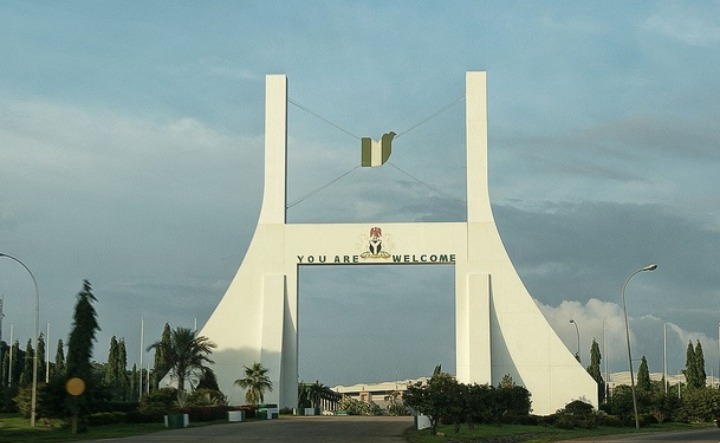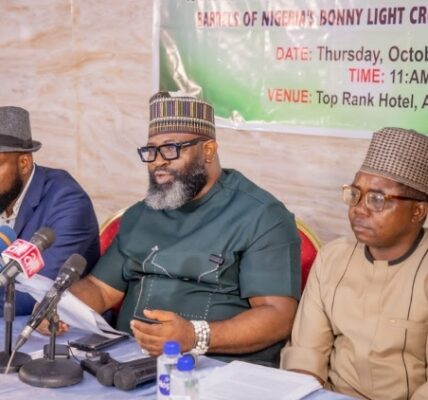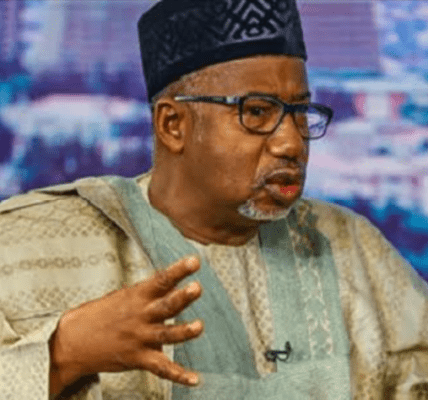This post has already been read 22826 times!
As the nationwide strike initiated by Nigeria’s organised labour commenced on Monday, reports say hospitals in the Federal Capital Territory (FCT), Abuja, were carrying out skeletal services as nurses and other health workers joined the ongoing indefinite strike the country after deadlocked negotiations over minimum wage for workers.
It was gathered that at National Hospital in Abuja, only the medical doctors were fully on the ground, as they were not affiliated with the Nigerian Labour Congress (NLC).
The usually busy hospital appeared almost deserted hours after the strike began, with few staff and patients seen around the hospital wards, including the emergency ward.
However, the hospital’s spokesperson, Dr. Tayo Haastrup, told newsmen that the hospital was still rendering services, especially to emergency patients.
He mentioned that there are different unions and associations in the hospital, and while nurses have joined the strike, senior nurses were still around to assist with essential tasks. Dr. Haastrup stated,
“The strike has started, but at the National Hospital, we are still rendering services. The nurses have joined the strike, but the management is being proactive to resolve that we would give emergency services. We will do our best to ensure that emergency services are rendered. Also, we have nurses who are on internship, who are helping out.”
Joseph Awujah Akpi, the chairman of the National Hospital Abuja chapter of the National Association of Nigeria Nurses and Midwives (NANNM), confirmed that nurses in the hospital have joined the strike. He expressed that complying with the instructions from their national body was painful and regrettable, but they had no other choice. Akpi hoped that the government would respond quickly so that they could return to work.
The strike was initiated by the Medical and Health Workers’ Union of Nigeria, which issued a notice on June 2, requesting total compliance from its members for a total shutdown of all health facilities in the country. The strike is part of the Organized Labour’s efforts to address issues related to minimum wage and other labor-related matters.
According to reports, patients at Kubwa General Hospital in Abuja are left stranded as the ongoing strike by the Nigeria Labour Congress (NLC) and the **Trade Union Congress (TUC) disrupts medical services. The industrial action, which began on Monday, is a protest against the Federal Government’s proposal for a N60,000 minimum wage. Despite the hospital’s gates being open, medical personnel have largely withdrawn their services.
At the Radiology Unit, a staff member was overheard informing patients that no scans would be conducted due to the strike. The impact of the strike has been acutely felt across various departments of the hospital. A patient at the Pharmacy Unit of the Accident and Emergency Wards expressed frustration after being denied her medication despite having already made the necessary payment.
In contrast, the Post-Natal Ward and Laboratory Units appeared to be functioning, albeit with significant challenges. Hospital staff were seen trying to attend to as many patients as possible before the anticipated arrival of Labour leaders, who were expected to enforce the strike more stringently.
The strike underscores the critical tensions between the government and labor unions, as the NLC and TUC argue that the proposed N60,000 minimum wage is insufficient to meet the rising cost of living, demanding more substantial measures to support Nigerian workers.







